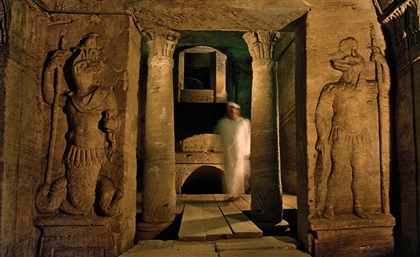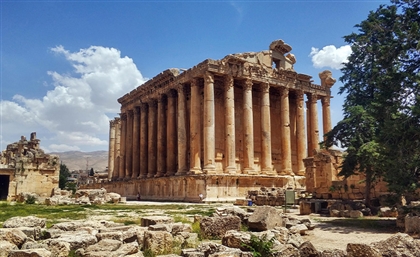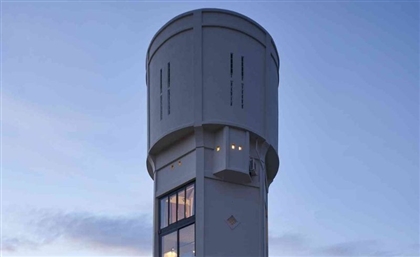This Coastal City in Tunisia Lies Atop a Once-Thriving Roman Port
Beneath the coastal city of Sousse lie the ruins of Hadrumetum, an ancient Roman port that once thrived on Mediterranean trade.
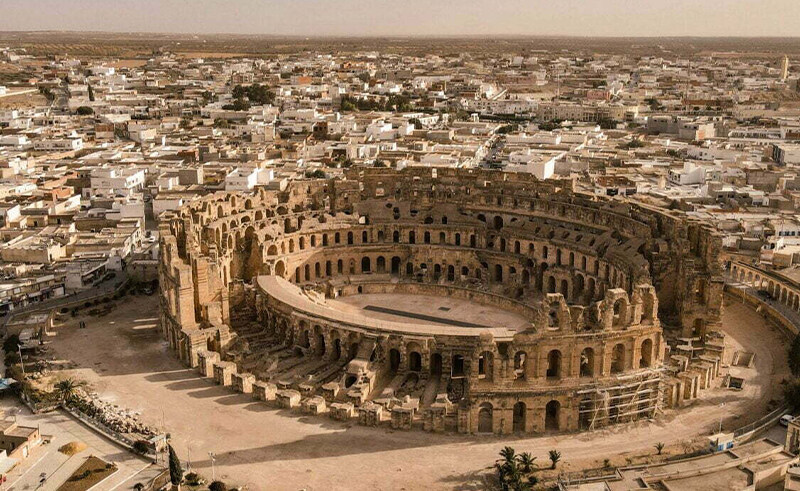
The streets of Sousse pulse with the remnants of empires long gone. Walking through, there is a palpable history buried beneath one’s footstep, and the shoreline feels like the edges of another world. Once called Hadrumetum, the city has endured transformations that stretch back over millennia. Lingering vividly in the corners of Sousse to this day is the Roman imprint. This coastal city in Tunisia, though known for its Islamic landmarks, still carries the weight of its Roman past, tucked between the glinting sea and the bustling medina.
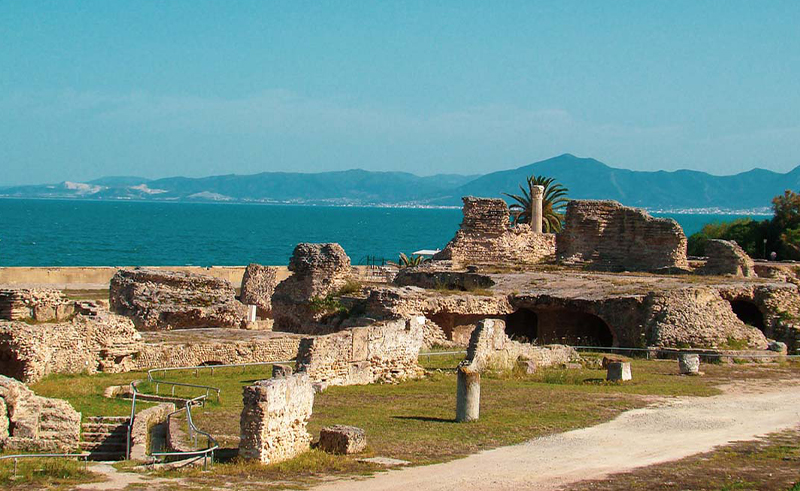
Founded initially by the Phoenicians, Hadrumetum began as an outpost, a nameless speck on the great map of the ancient Mediterranean. Despite that, the city was never meant to fade quietly into obscurity. As Carthage rose to prominence, so did Hadrumetum, morphing into a vital trading hub for the Carthaginian Empire. It thrived on the lifeblood of the Mediterranean’s shipping lanes, its harbours thick with olive oil, grain, and pottery. When Rome crushed Carthage in the Third Punic War, Hadrumetum’s fate, like that of many others, changed hands.
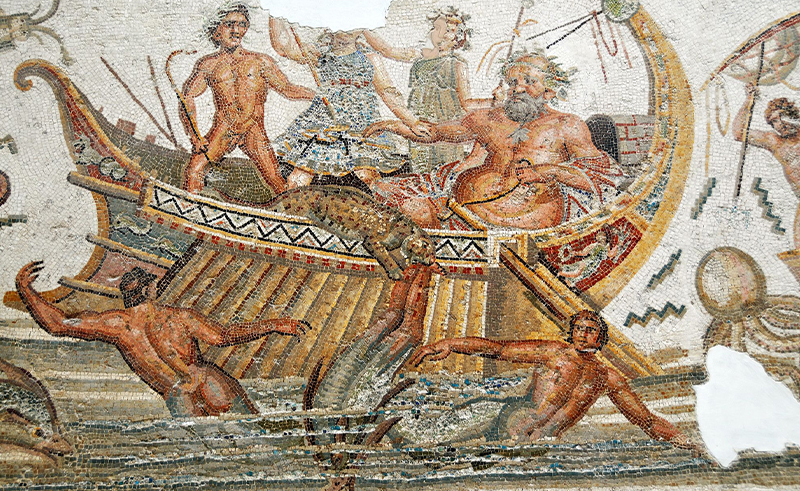
It wasn’t Rome’s victory alone that transformed the city. It was the sheer weight of Roman culture, its machinery of roads, governance, and civic life. Hadrumetum, reshaped by Roman architecture, became a prominent part of the empire’s African province, second only to Carthage. By the time of Emperor Trajan, it held the coveted status of a colonia, a Roman settlement reserved for loyalty to the empire.
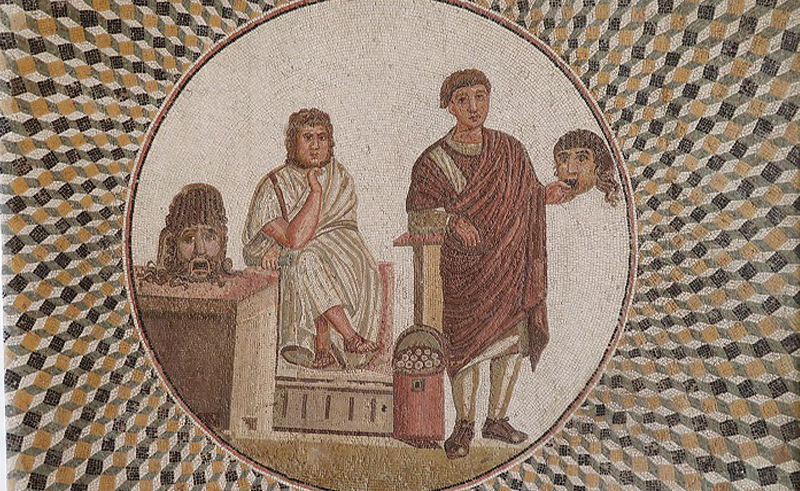
Today, stone foundations that speak of ancient Roman walls, pillars incorporated into more modern structures, and the occasional mosaic peeking out from beneath the surface remain as reminders of a time when Sousse was a vibrant port, teeming with traders, sailors, and citizens from across the empire. In the ancient Medina, it becomes especially apparent—the city of Sousse is built on the bones of its Roman past.
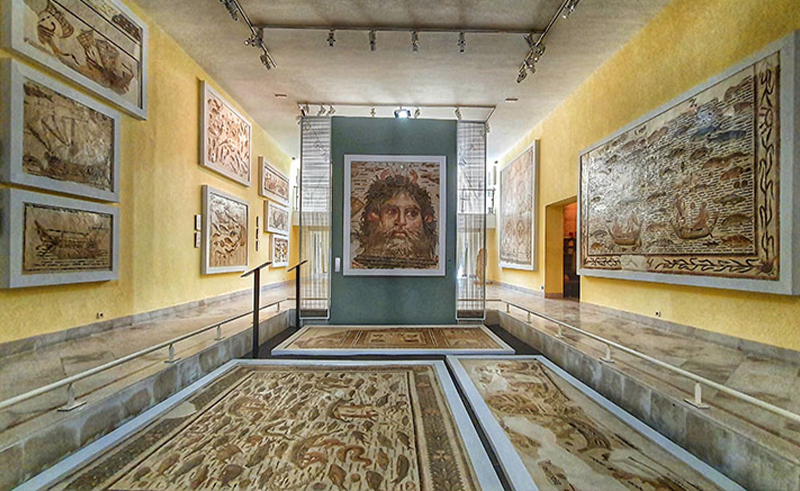
The Musée Archéologique de Sousse, located within the Kasbah (fortress), houses some of the most impressive, intricately designed and carefully restored Roman mosaics ever discovered, capturing the everyday life of Romans as vividly as any history book. The mosaics, many of which were found during excavations beneath the city, include one portraying a group of hunters caught in motion as they chase a wild boar, another of a goddess, serene yet untouchable, and—the most famous among them—one depicting the sea god Neptune.
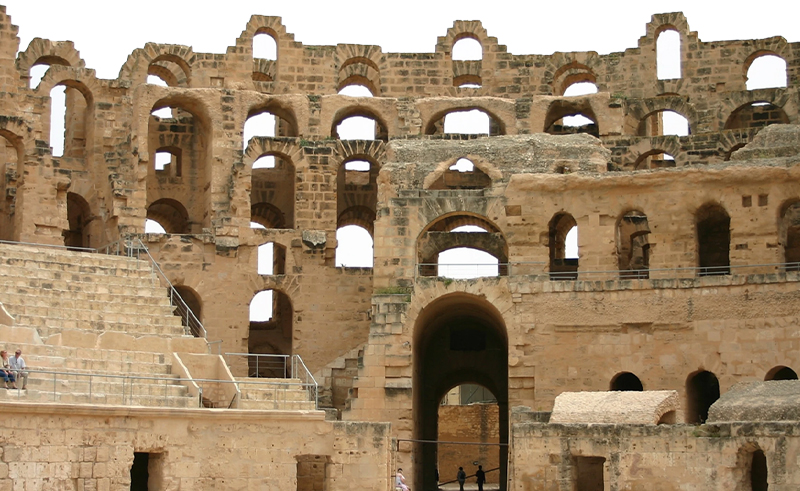
Beyond the art, Sousse’s urban layout speaks of Roman engineering—a system of ordered streets and squares that still shape the city today. These elements, hidden in plain sight, connect the modern landscape to a history long buried but never quite forgotten.
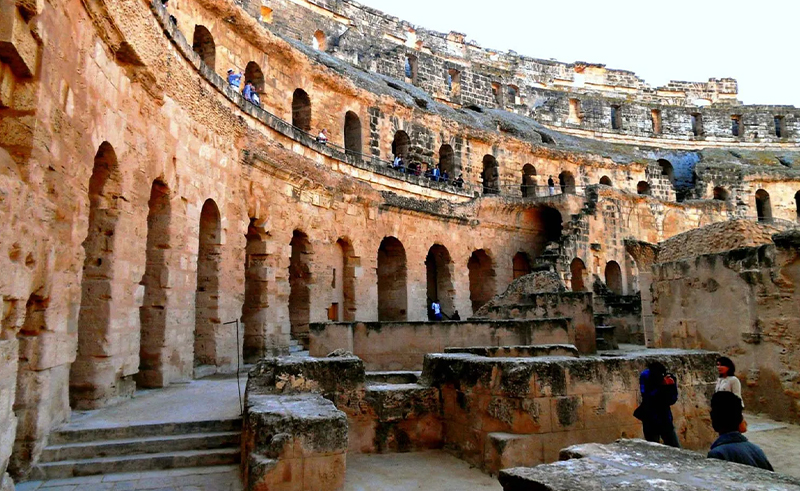
Another renowned remnant of Roman influence in the region is the Amphitheater of El Djem, located about 40 miles south of the city. Built in the 3rd century AD, this colossal structure was once filled with the roars of 25,000 spectators, making it one of the largest Roman arenas outside Italy.
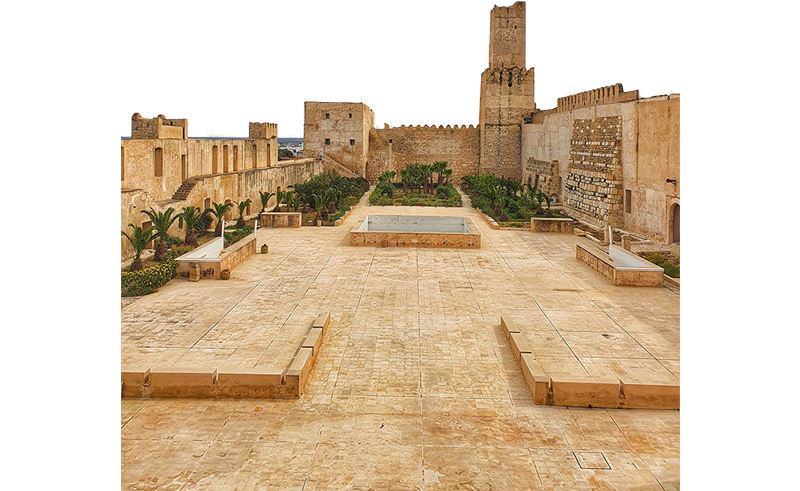
Although teeming with it, Sousse's connection to the Roman world isn’t confined to ruins and artefacts. The city's cuisine, its markets, and its people carry traces of this ancient influence. Seafood dishes, prepared with methods that echo the Roman tradition, line the menus of seaside cafes. The souks, with their maze of stalls selling spices, textiles, and goods, bear resemblance to the Roman-era marketplaces that once thrived here. Even the methods of trade, the bartering over goods, echo the economic practices first brought by Rome.
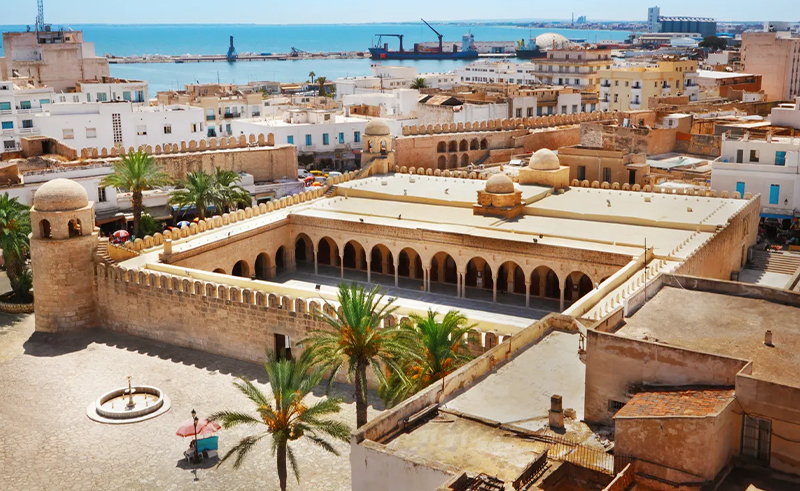
Though Sousse is now a city of beaches and tourists, its heart remains rooted in a Roman past. The Roman legacy is not simply something to be seen, it is felt in the rhythms of everyday life. To walk its streets is to journey through time, where each building and stone offers glimpses of an empire that once stretched across three continents. And though empires rise and fall, in Sousse, the past lingers, imprinted in the city’s soul.
- Previous Article Michael Bublé to Perform in Egypt’s New Capital
- Next Article Felukah Releases ‘Hayati’ With DJ Habibeats








